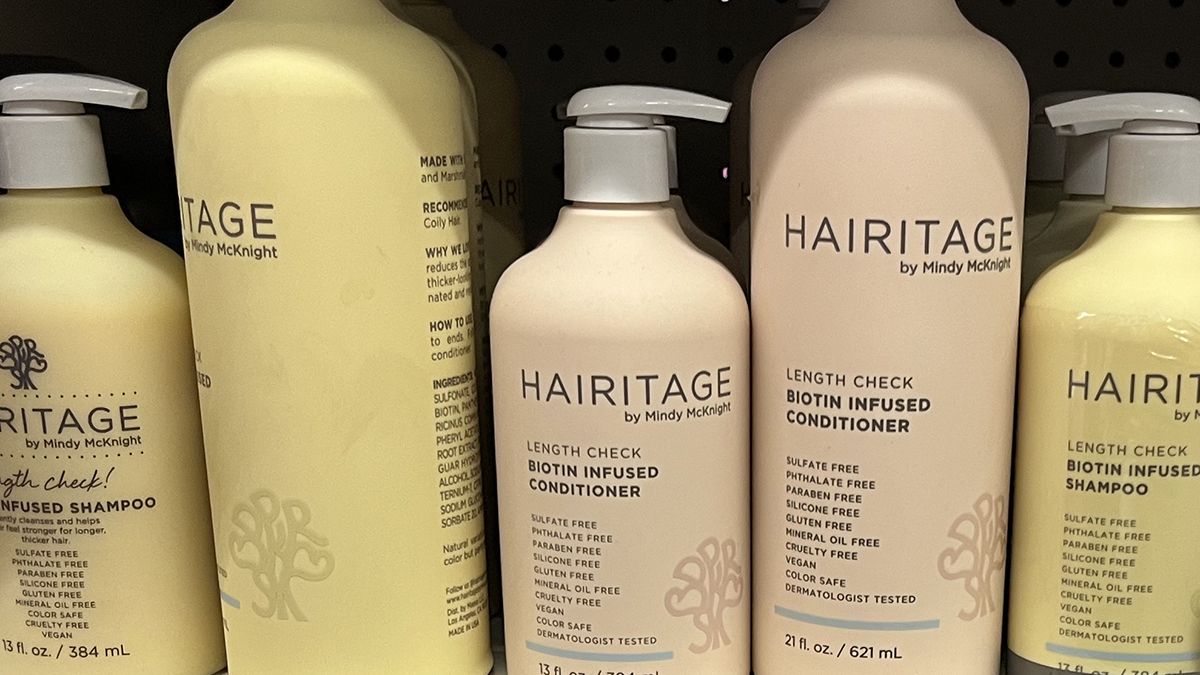Marijuana conditioner products are not legal in every state, and their legality depends on two main factors: what the cannabinoids are derived from and how each state regulates hemp- versus marijuana-based ingredients.
At the federal level, the distinction between hemp and marijuana plays a defining role. The 2018 Farm Bill separated “hemp” — cannabis containing no more than 0.3% delta-9 THC by dry weight — from the legal definition of marijuana, which remains a controlled substance under federal law. This means that hemp-derived ingredients are federally legal, while marijuana-derived ingredients generally are not.
For cosmetic products, which include conditioners, the Food and Drug Administration (FDA) does not pre-approve ingredients. There is no outright federal ban on hemp or cannabis ingredients in cosmetics, as long as they meet FDA requirements for safety, labeling, and truthful marketing. Under the Modernization of Cosmetics Regulation Act (MoCRA), manufacturers are also responsible for registering facilities, reporting adverse events, and maintaining product safety data. As a result, hemp-derived conditioners that follow these standards can be legally sold nationwide—within the limits of their THC content.
However, state laws vary widely. Some states fully embrace hemp-derived cosmetics, while others impose strict restrictions or even bans.
In California, Assembly Bill 45 allows hemp-derived cannabinoids, including CBD, in cosmetics and personal care products, provided that they meet safety and labeling standards. This has made California a leader in cannabis-infused beauty and hair care products available in mainstream retail stores.
New York follows a similar model through its “cannabinoid hemp” program, which allows non-intoxicating hemp ingredients in topicals and cosmetics, as long as products undergo lab testing and stay below the 0.3% THC threshold.
Idaho, on the other hand, maintains one of the strictest policies. Only THC-free CBD is allowed in consumer products, making most full- or broad-spectrum marijuana conditioners illegal to sell or use within the state.
Other states have begun tightening their stance on hemp-derived compounds that can have intoxicating effects, such as delta-8 THC or high-THCA formulations. Even though these issues mainly affect edible and vape products, certain states have started expanding these restrictions to include cosmetics, out of caution.
For consumers and stylists, this creates a patchwork of rules. A “marijuana conditioner” containing more than 0.3% THC is typically restricted to licensed dispensaries in states with legal medical or adult-use cannabis programs. Meanwhile, a “hemp-derived conditioner” with compliant THC levels can be sold in most states through normal retail channels—though always subject to each state’s labeling and testing requirements.
Ultimately, marijuana conditioners are not universally legal across the United States. Hemp-based conditioners are far more accessible but still operate under a state-by-state framework. Consumers should always check a product’s label for THC content, ensure that the manufacturer provides testing information, and confirm that their state permits hemp or cannabis-derived cosmetics.

